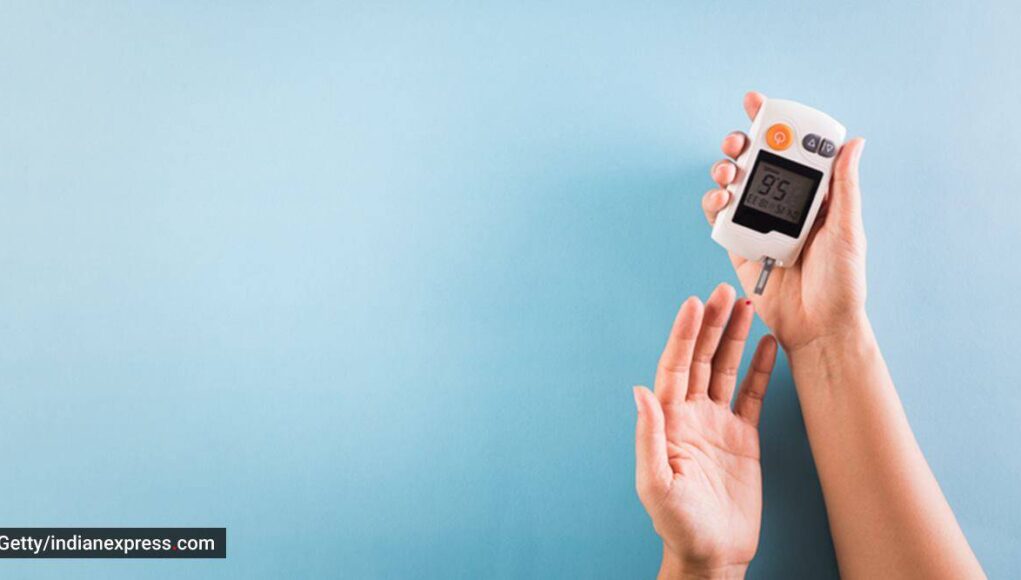“The pandemic’s repeated waves have redirected crucial health resources to address one emerging issue.” As a result, other serious diseases, such as diabetes, which affects over 537 million individuals worldwide, according to the International Diabetes Federation, are being overlooked. As a result, our focus on diabetes control has waned, and many patients are compensating for Covid tiredness with poor lifestyle choices.
According to the expert, India is on its way to become the world’s diabetes capital, with over 74 million diabetes sufferers. “According to the National Family Health Survey-5, 17.1% of the adult Indian population has high blood sugar levels that require medication to regulate. “The widespread noncommunicable illness is a lifestyle condition in which the human body’s blood glucose increases due to its inability to manufacture or use insulin appropriately,” they explain.
“It’s difficult to exercise in the frigid winter mornings. Because the body is unable to absorb glucose, a sedentary lifestyle with little physical exercise can raise blood sugar levels. Furthermore, because people do not experience thirst throughout the winter, their fluid consumption falls dramatically. As a result, blood sugar levels in the body rise, causing more frequent urination and more dehydration,” they add.
What is the best course of action for diabetics?
Test blood sugar levels on a regular basis: People with diabetes should monitor their blood sugar levels on a frequent basis, and it’s a good idea to keep a glucometer on hand. Periodically check your fasting, postprandial, and random blood sugar levels.
Keep an eye on your feet: It’s estimated that 10 to 15% of individuals with uncontrolled diabetes may need to see a doctor due to a foot ulcer or infection, which can become quite serious and necessitate amputation. As a result, persons with diabetes should take care of their feet by wearing socks and well-padded shoes and giving them the attention, they require. In addition, due to the low humidity in cold weather, the skin becomes drier, making it more susceptible to cracks and infections. To avoid dry skin, use a moisturizer.
Due to a lack of outside activities, our lives have grown increasingly sedentary, especially during the epidemic. This can have a negative impact on blood sugar levels and long-term sugar management. As a result, it is becoming increasingly vital for patients with lifestyle disorders to engage in 30 minutes of free-hand exercises, stretching, or any physical activity, even in an indoor setting, or to practice yoga. Physical activity diminishes considerably more during the winter, making it even more necessary to exercise.
In India, consuming seasonal sweets, especially those made with jaggery, is a custom throughout the winter season. It’s worth noting that jaggery has a sugar content that’s almost identical to white sugar. Sugar levels might surge as a result of regular or seasonal ingestion, causing metabolic regulation to be disrupted.










